End of Year Exhaustion & Emotional Eating
The end of the year is a festive time full of joy, parties, holidays and cheer. But sometimes, there can be a little too much cheer, or nowhere near enough. For many, it can also be one of the most stressful and exhausting times of the year.
Do you find yourself struggling to meet work deadlines before the holidays? Then there are the countless parties to attend and organise, the massive crowds to negotiate every time you venture near a shop or supermarket, dealing with family commitments and a thousand other tasks.
With all the pressure and stress, it is no wonder that good eating habits fly out the window. It can be tempting to fall into less than ideal coping mechanisms to get through.
By that, I mean that we often turn to food for comfort.
Let’s have a look into how the end of year exhaustion can cause emotional eating.
What Is Emotional Eating?
Emotional eating is a behaviour triggered by various factors. Most commonly stress is the cause, or exhaustion and avoiding uncomfortable emotions. These are all things which come into play at the end of the year.
Add to that, the seasonal traditions of comfort food, sweet treats, and stuffing yourself until you burst at lunches and dinners, and you’ve got a recipe for some unhealthy cycles to take hold.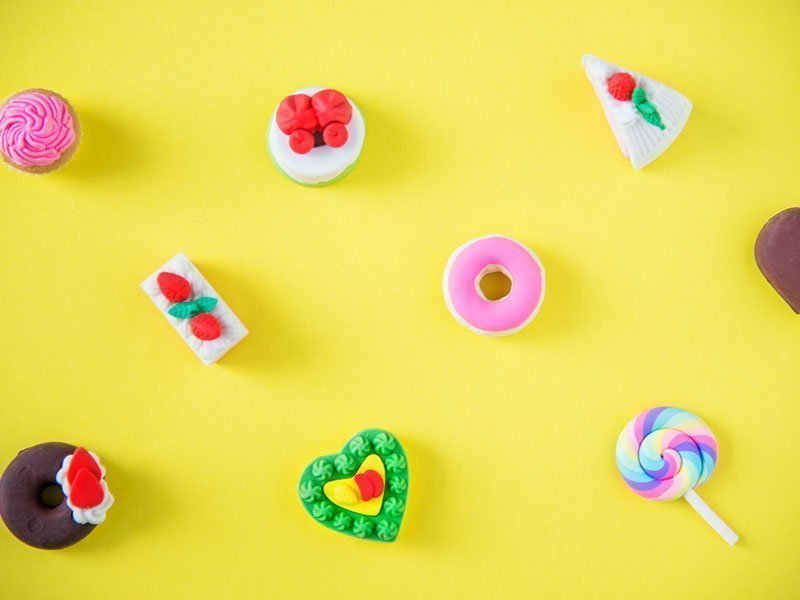
If this is a pattern that you find yourself falling into or is something that concerns you, don’t panic. There are various ways you can prepare for end of year exhaustion and plan ahead to find more effective ways of coping with difficult times – whether it’s at the end of the year or beyond.
Learn To Distinguish Between Physical And Emotional Hunger
The emotional craving to eat is a very different sensation than real, physical hunger. If you learn to differentiate between the two, you will be able to regain some control and understand your compulsions a little better.
While physical hunger tends to build gradually, emotionally-based hunger is often sudden and overwhelming. The urge to consume can be overpowering and immediate. Emotional hunger craves specific foods – often fatty or sugary items – whereas physical hunger is more generalised and can be satisfied with most foods.
Emotional hunger lies in the head and doesn’t always cease once you are full. Physical hunger is in the body and a good snack or meal will fix the feeling.
Identify Your Triggers
Understanding which situations trigger your emotional eating is an important step. To identify these triggers, you can use yourself as a case study. On the occasions when you find yourself giving into the cravings, rather than beat yourself up, put the experience to positive use.
Look at what lead up to the event. Think about whether you use food as a way to alleviate stress or boost your dwindling energy? Or, are you trying to suppress and avoid uncomfortable emotions? Is it a way to deal with boredom?
Once you have a clear idea of your patterns, you can come up with a plan of action to find alternative coping strategies.
Find Alternate Coping Strategies
Planning ahead and coming up with different ways to react to your triggers is a key part of creating an alternate coping strategy.
You can try these things:
- Build a support network. Having a group of friends, family members or like-minded people who understand what you’re going through is essential. Find people you can call when you need support, who can sympathise, cheer you up, distract you – whatever you need to get through. An online group like the Wicked Healthy Tribe might just be the perfect level of support you need, check us out HERE.
- Develop positive practices to deal with stress, anxiety, depression and loneliness. These positive practices need to align with your own personal preferences, so try a few things until you land on something that works. Maybe try exercise that you enjoy, meditation, or breathing exercises. Or, learn about mindfulness and work towards accepting uncomfortable emotions rather than trying to stifle them.
- Distract yourself by reading a book, watching an uplifting or funny movie, playing with your cat or dog, meeting up with a friend, or picking up an enjoyable hobby.
Make Pleasure A Priority
As children, we often learn to use food as a reward and a treat. It becomes more emotionally fulfilling than physically satisfying. Work on finding other things in your life that provide pleasure, and spoil yourself in a variety of ways. Treat yourself to a bubble bath, wear comfy clothes that make you feel good, have a massage, listen to your favourite music, or paint your nails.
Fill your days with enough pleasure that you never feel deprived and food becomes a way to nourish your body rather than your soul.
Don’t Beat Yourself Up
The holiday season can be tough to navigate on the food and alcohol front. Everywhere you turn someone is offering you a chocolate or a glass of wine. Don’t feel like you need to refuse them all. Let yourself have a little treat every once in a while. If you try to restrict yourself too much then you may end up binging.
If you do have a treat, then don’t feel guilty about it or beat yourself up. Enjoy it in the moment and return to your good habits once you are done.
Are you having trouble with your eating habits? Do you want support and accountability to keep you on track? Then the Wicked Healthy tribe could be for you! We are an online group of likeminded ladies all working towards being happy and healthier in whatever form that takes.
Find out more about the Wicked Healthy Tribe.

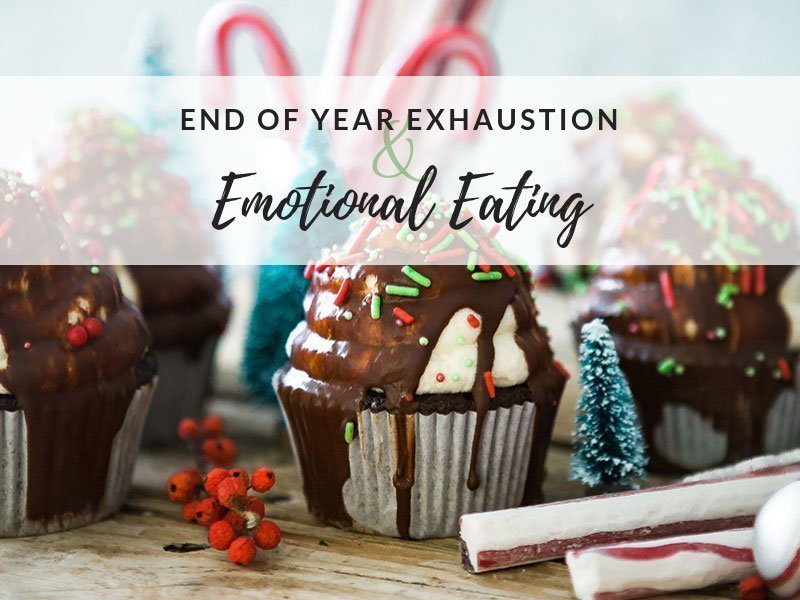
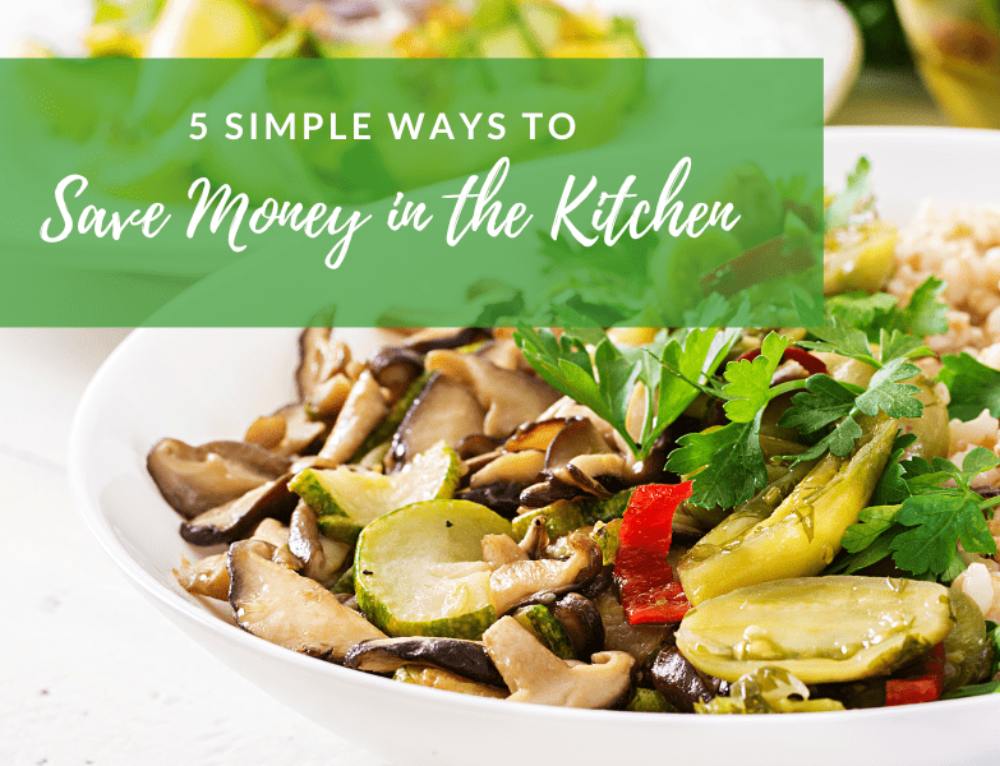
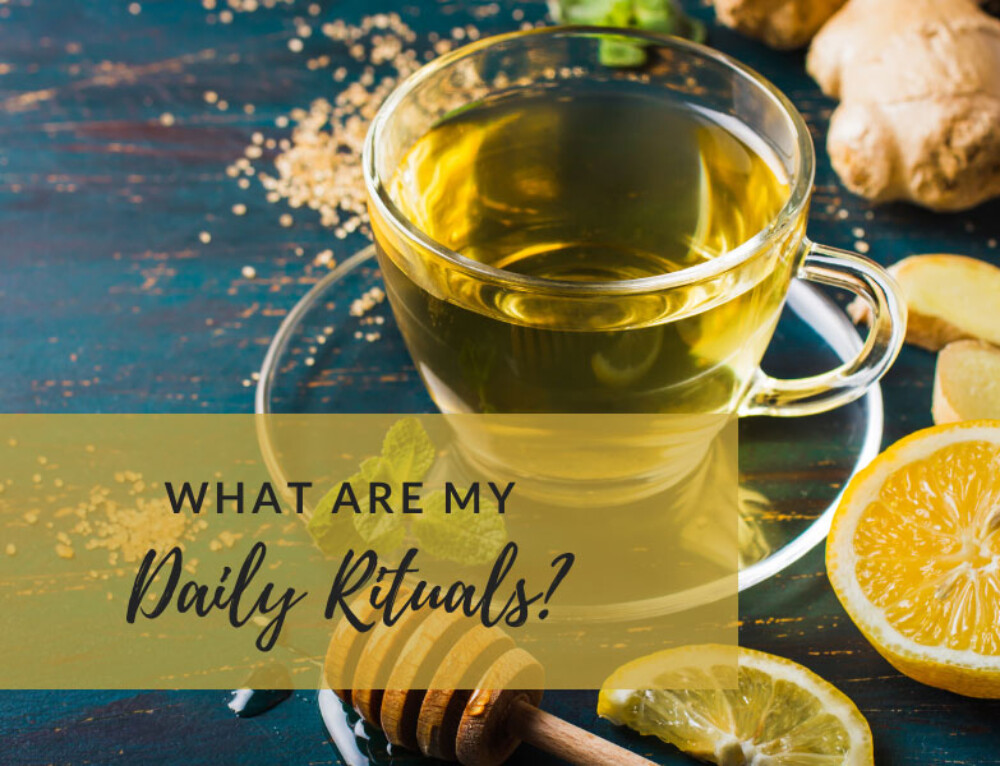
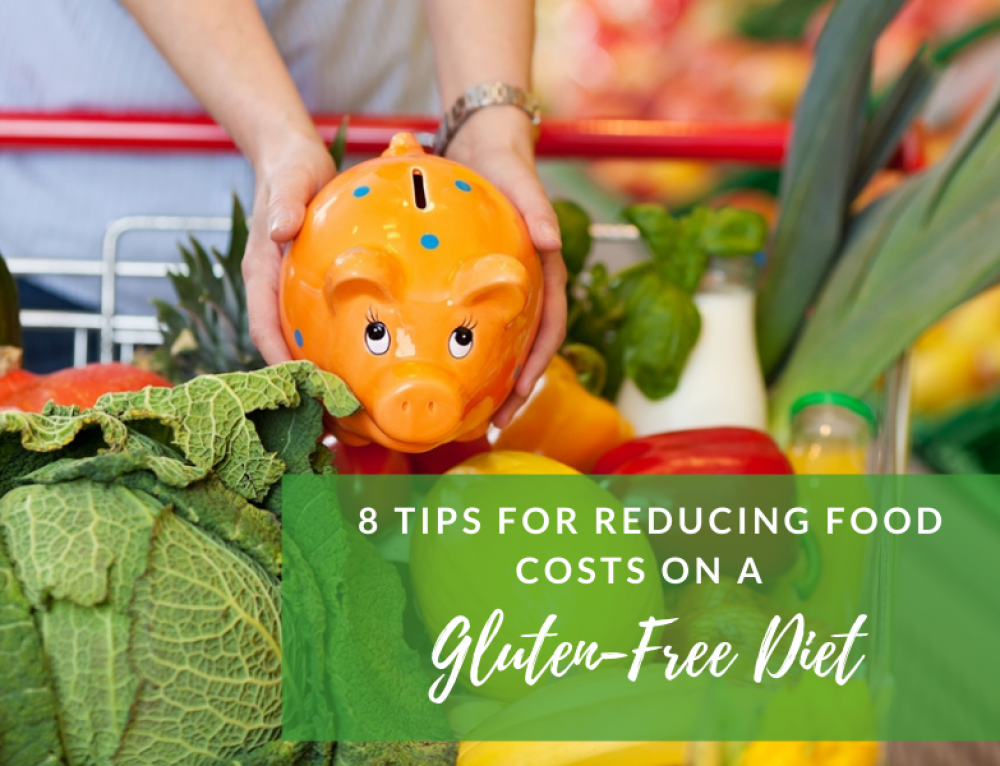
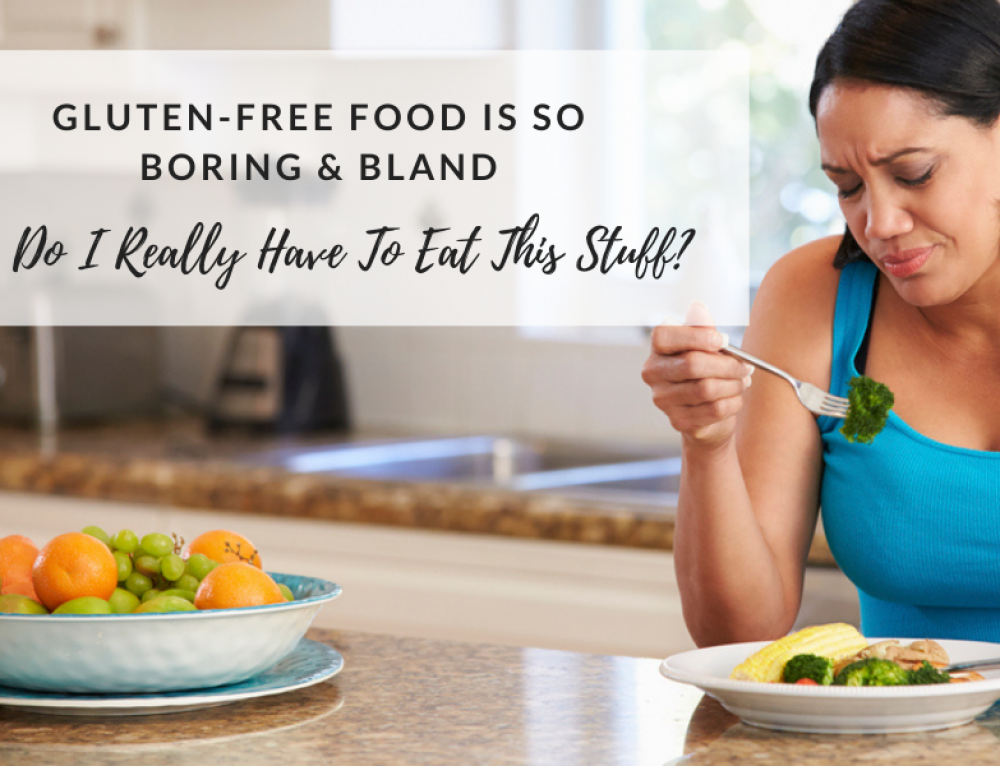
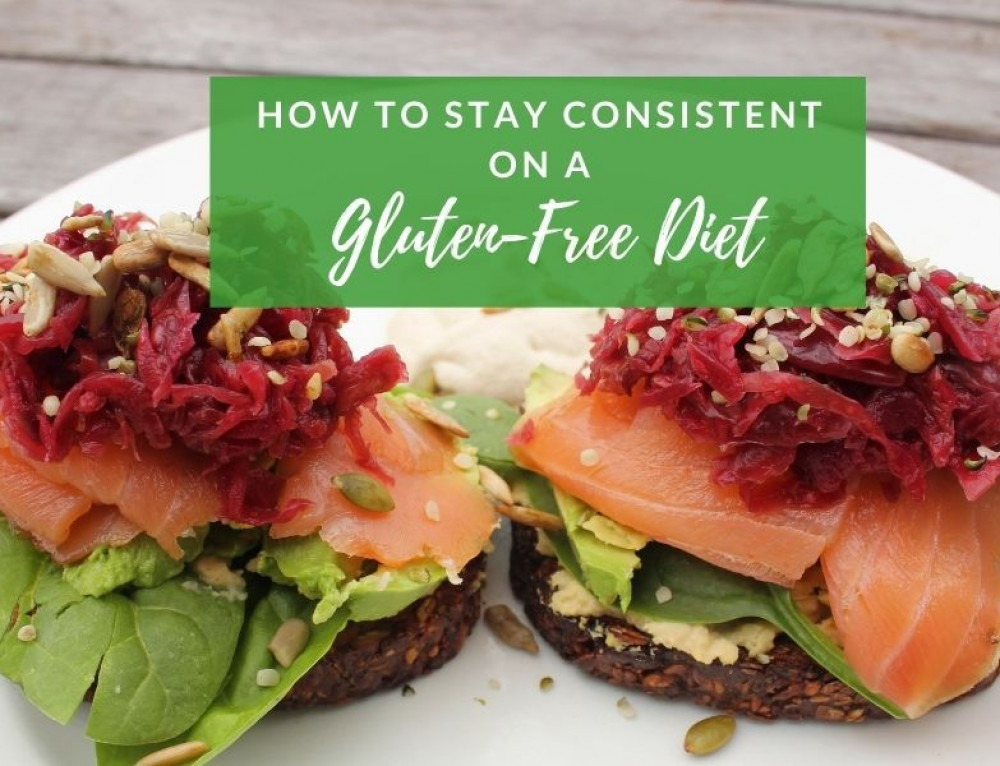
Leave A Comment